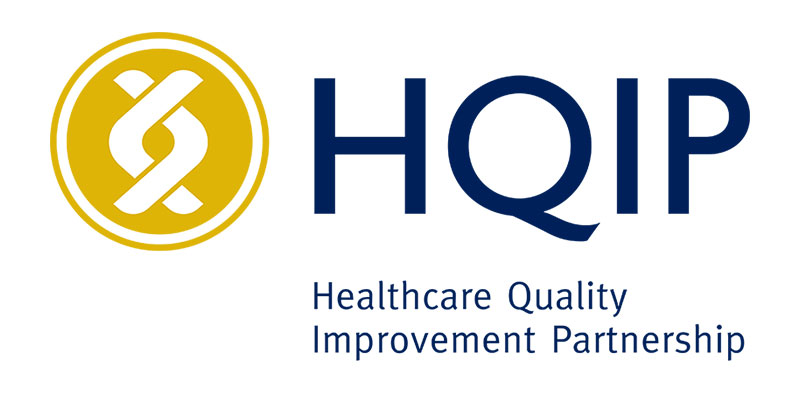National and local policies still need strengthening: findings from the Learning Disabilities Mortality Review

The Learning Disabilities Mortality Review (LeDeR) programme in England is the first national programme of its kind in the world. It was established in response to concerns about premature deaths of people with learning disabilities that were related to a poor quality of health and social care provision.
About the research
The overall aims of the programme are to support improvements in the quality of health and social care service delivery for people with learning disabilities and to help reduce premature mortality and health inequalities.
The LeDeR Programme supports local areas in England to review the deaths of people with learning disabilities (aged four years and over) using a standardised review process.
Findings from all reviews are collated and together with national recommendations are published in the programme’s annual reports.
The third annual report for the LeDeR programme was published in May 2019. It presents information about 4,302 deaths of people with learning disabilities notified to the LeDeR programme from 1st July 2016 - 31st December 2018, with a focus on the 962 deaths of adults and children reviewed during 2018.
Policy implications
Department of Health and Social Care
• The Department of Health and Social Care, working with a range of agencies and people with learning disabilities and their families, to prioritise programmes of work to strengthen policy and practice in relation to the early recognition of deterioration of health, and minimising the risk of pneumonia and aspiration pneumonia in people with learning disabilities.
• The Department of Health and Social Care, working with a range of agencies and the Royal Colleges, to strengthen policy and practice by reminding doctors that ‘learning disabilities’ should never be an acceptable rationale for a Do Not Attempt Cardiopulmonary Resuscitation (DNACPR) order, or be described as the underlying or only cause of death on Part I of the Medical Certificate of Cause of Death.
NHS England
• NHS England needs to publish the guidance on care-coordination and information sharing for people with learning disabilities which was commissioned in response to a recommendation in the 2017 LeDeR annual report. This should advise the allocation of a local, named, appropriately skilled, health care coordinator as a matter of priority for each person with severe or profound and multiple learning disabilities or complex care needs, or who is aged 16-25 years old and at the transition from children’s to adults’ services.
Nobody will learn if you don’t have these reviews. Nobody will learn and they need to learn…to be able to make changes
Key findings
From the 4,302 deaths which have been notified to the programme, 25% (1,081) had been reviewed by the end of 2018. Almost half (48%) of the reviewed deaths of adults with learning disabilities in 2018 received care that the reviewer felt met or exceeded good practice. This is slightly more than the 44% reported in the previous annual report. A further 35% were considered to have received care that fell short of good practice in minor or significant areas, but did not significantly impact their well-being.
However, the findings suggest ongoing concerns that national and local policies relating to the care and support of people with learning disabilities still require strengthening.
• The average (median) age at death for people with learning disabilities (aged 4 years and over) was 59 years, a slight improvement on the median age at death of 58 years reported in our 2017 annual report.
• Women with learning disabilities died 27 years earlier than women in the general population; men 23 years earlier.
• As reported in the 2017 annual report, the causes of death most frequently recorded were pneumonia (25%), aspiration pneumonia (16%) and sepsis (7%) – conditions which are potentially treatable if caught in time.
• ‘Unconscious bias’ remains in the provision of care for people with learning disabilities: some people had their cause of death recorded as ‘learning disabilities’ and others had the rationale for a DNACPR order as being ‘learning disabilities’ or an associate condition.
Policy Briefing 73: May 2019
I have concern that the cause of death on the death certificate was severe learning disability and autistic spectrum disorder
The residential care team did an excellent job caring for Keith at the end of his life. Keith was at the centre of the plan and all the care was wrapped around what he would want. There was really comprehensive record keeping, and end of life planning involving the wider team was evident.
Contact the Researchers
The LeDeR Team
Learning Disabilities Mortality Review (LeDeR) Programme
School for Policy Studies, University of Bristol
Further information
The LeDeR programme is commissioned by the Healthcare Quality Improvement Partnership (HQIP) as part of the National Clinical Audit and Patient Outcomes Programme.
The programme is funded by NHS England.
For more information about the LeDeR programme, including the full and easy read versions of the report, see: http://www.bristol.ac.uk/sps/leder
Email: leder-team@bristol.ac.uk
Phone: 0117 331 0686.
Postal address: LeDeR Programme,
University of Bristol Norah Fry Centre for Disability Studies,
8 Priory Road, Clifton, Bristol BS8 1TZ.

Authors
Professor Pauline Heslop and Chris Allen (University of Bristol)

